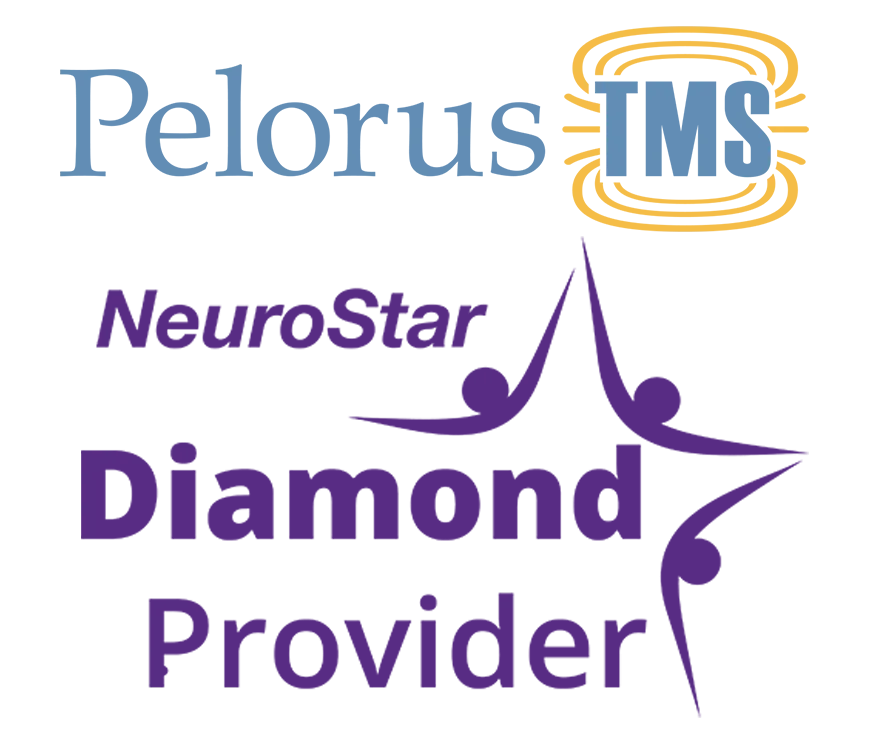NeuroStar TMS For Veterans
- posted: Jan. 25, 2023
VETERANS AND DEPRESSION
According to the Department of Veterans Affairs, in 2008 one in three veterans visiting a primary care physician reported having symptoms of depression, while one in five reported experiencing severe symptoms. In addition, the VA pointed out that roughly 20 veterans commit suicide every day.
Military personnel are prone to depression, at least partially as a result of exposure to traumatic experiences, including witnessing combat and separation from family during deployment or military training. The Army Study to Assess Risk and Resilience in Servicemembers (Army STARRS) described the 30-day prevalence of MDD as 4.8% compared to less than 1%—five times higher— among a civilian comparison group.
A meta-analysis of major depression among U.S. military personnel found that:
- The prevalence of depression among currently deployed personnel was 12%;
- The prevalence of depression among previously deployed personnel was 13.1%;
- And the prevalence of depression among those never deployed personnel was 5.7%.
For comparison, the prevalence of depression among the general U.S. adult population was 8.1% from 2013 to 2016.
With that said, mental health, in general, has become a concern due to traumatic brain injuries and PTSD conditions. According to the Center for Military Health Policy Research’s RAND report, “about one-third of returning service members report symptoms of a mental health or cognitive condition.”
The addition of TBIs and PTSD can make diagnosing and treating mental illness quite difficult. But with the right care and effort, NeuroStar® Advanced Therapy can help enhance your mental health.

[Credits: RAND “Invisible Wounds”, figure 1]
VA AND DOD RECOMMENDATIONS FOR DEPRESSION
The Department of Veteran’s Affairs and the Department of Defense have released an official guideline for the management of major depressive disorder.
The VA/DoD recommends a collaborative care model that includes a structured approach including education, behavioral therapy, and the use of medicinal intervention (if needed). They strongly recommend starting with psychological component CBT to address behavioral issues, problem solving, and other things to give the patient actionable self-management advice and therapy.
Self-management techniques and healthy principles mentioned in their recommendations include:
- A balanced nutritious diet
- Exploring self-help texts
- Exercise
- Sleep hygiene and appropriate sleeping hours
- Tobacco abstinence
- Avoiding excessive caffeine
- Avoiding alcohol and other drugs
- Engaging in pleasurable activities
They also recommend certain medications as a first-line treatment:
- Selective serotonin reuptake inhibitor (except fluvoxamine) (SSRIs)
- Serotonin-norepinephrine reuptake inhibitor (SNRIs)
- Mirtazapine
- Bupropion
Which of the prior medications is best should be discussed with the treating physician. And, a combination of both self-management techniques and medication is recommended.
In cases where these treatments are not effective, the VA/DoD recommends alternative treatments, including rTMS therapy.
WHAT IS TMS AND NEUROSTAR® ADVANCED THERAPY?
Pelorus TMS uses the NeuroStar Advanced Therapy TMS machine, which uses a patented electromagnetic coil to send magnetic pulses to parts of the brain that regulate mood. These magnetic pulses can strengthen pathways in the brain associated with happiness and help balance neurotransmitters.
Though depression is a complex disease, it is thought to result from a dysfunction of brain chemicals such as serotonin, dopamine, and norepinephrine:
- Serotonin — plays a critical role in mood maintenance, happiness, and emotional equilibrium. Serotonin deficiency can cause depression, difficulties sleeping, and anxiety, among other things.
- Dopamine — enables the nervous system to send signals between nerve cells throughout the body and the brain. The reward center is regulated by dopamine-filled synapses and plays an important role in human pleasure. As a result, it can impact the way we think and behave.
- Norepinephrine — is released by the brain in response to a stressful situation and has effects on cognitive function and motor function. Normal norepinephrine levels lower depression and anxiety risks, as well as other issues.
A total of 30 NeuroStar TMS sessions are administered five times a week for about six weeks (around 40 minutes each treatment).
SCHEDULE YOUR NEUROSTAR TMS CONSULTATION TODAY
Pelorus TMS is a leading NeuroStar TMS Therapy provider in New Jersey. Our experience and access to patented advanced therapy for mental health helps set us apart from other TMS providers.
If you are a veteran suffering from treatment-resistant depression, give us a call at (973) 295-6335 to tell us your story and hear about our options. We are here to support Veterans in need.
Contact Us
Our Locations
Cedar Knolls Location
14 Ridgedale Ave Suite 103
Cedar Knolls, NJ 07927, US
Hours of Operation
9:00 am - 5:00 pm
9:00 am - 5:00 pm
9:00 am - 5:00 pm
9:00 am - 5:00 pm
9:00 am - 5:00 pm
Closed
Closed

